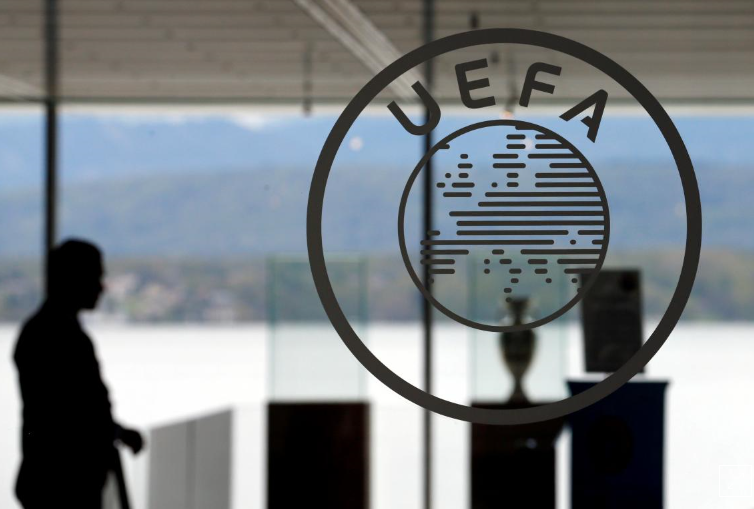Member Insights: FFP Has Proven To Be A Successful Model, Despite Loss Of Case To Manchester City
August 10, 2020
Following the latest loss of a Financial Fair Play case by UEFA against Manchester City, and with the entire footballing community suffering greatly from the lack of revenue provided by supporters in stadiums, Chris Alexander, former CFO at Chelsea Football Club, views the model as a success, despite the latest setback to UEFA.
A number of commentators have been quick to predict the end of FFP in light of the Manchester City case ruling and the Covid 19 crisis. This is extremely unlikely to be the outcome although undoubtedly rule changes will seek to close perceived loopholes in the regulations.
“Non-payment of debt between clubs had always been an issue until the arrival of FFP. This is a problem that has virtually disappeared.”
UEFA’s FFP rules were introduced in June 2010 so have now been in existence for over 10 years. UEFA’s stated principles and objectives for introducing the rules are as follows:
- to improve the economic and financial capability of the clubs, increasing their transparency and credibility;
- to place the necessary importance on the protection of creditors and to ensure that clubs settle their liabilities with employees, social/tax authorities and other clubs punctually;
- to introduce more discipline and rationality in club football finances;
- to encourage clubs to operate on the basis of their own revenues;
- to encourage responsible spending for the long-term benefit of football;
- to protect the long-term viability and sustainability of European club football.
It is evident that the regulations have had a significant impact on how clubs behave. In particular the cumulative net profits/losses from club in the top European leagues have moved from a loss of €1.67bn in 2011 to a profit of €140m in 2018, an improvement of €1.8bn.

Non-payment of debt between clubs had always been an issue until the arrival of FFP. This is a problem that has virtually disappeared, one of the less trumpeted successes of the regime.
Adoption of FFP rules at the European level has also been swiftly followed by similar rule implementation at the FAPL and EFL level in the English game.
Compliance with the rules is high as the sanctions for non-compliance are serious. European competition bans and substantial financial penalties are regular events.
UEFA will move on, seek to close any perceived loopholes through rule changes and FFP is likely to be with us for the foreseeable future.
Clubs have been forced to review their financial models and find smarter ways to manage rather than relying uniquely on wealthy benefactors. Investment in youth development and infrastructure have been used as alternative strategies and clubs such as Chelsea FC have also been very successful developing and selling on talent no longer required at significant profit.
UEFA has not been slow to amend and develop the rules with revisions already having been issued in 2012, 2015 and 2018. Following the developing Covid 19 crisis, UEFA were quick to make appropriate rule changes. The financial years ending in 2020 and 2021 are to be viewed as a single reporting period and losses directly attributable to the pandemic can be adjusted for in the calculations allowing clubs to exceed the €30m over three period loss limits.
CAS’s ruling in favour of Manchester City reversing UEFA’s two-year ban will undoubtedly be a disappointment for UEFA. However, it needs to be viewed in the context of the significant impact FFP has had on Club behaviour over the past decade. UEFA will move on, seek to close any perceived loopholes through rule changes and FFP is likely to be with us for the foreseeable future.


